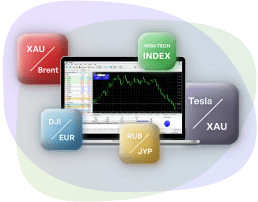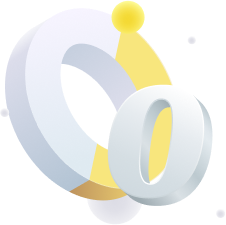- IFC Markets Educational Center
- Introduction toTrading
Introduction to Trading
Many novice traders have problems understanding what Forex trading is and how it works, and they are followed by quite a rational question - is Forex trading worth it?
The financial market consists of many markets of different "specialization", such as the commodity market, the securities market, the foreign exchange market (Forex), the credit market. Each of them has its own bright and dark sides, pitfalls and benefits, and investors prefer to trade in the markets that meet their needs and expectations. The foreign exchange market stands out for its huge daily turnover...
The main benefit of CFD trading is being able to speculate on price movements in both directions. Profit from trading CFDs exclusively lies on the trader's ability to correctly predict future price changes. Which is, no doubt, hard.
Leverage in Forex is the ratio of the trader's funds to the size of the broker's credit. In other words, leverage is a borrowed capital to increase the potential returns. The Forex leverage size usually exceeds the invested capital for several times. Leverage is the most commonly used tool in trading and it will help you better understand "What is Forex trading and how does it work" all about.
Spread is the difference between Bid and Ask prices. It is calculated in pips. You can read more detailed about pip in our article "What is a pip in Forex". Spread could have a significant impact on the profitability of the trades.The size of the spread is an important factor during trading, because high spread results in a significant share of loss to the client during active trading.
Margin trading is speculative buying and selling of assets using a brokerage firm's funds, which it lends against collateral.
Swap (Forex Rollover) is a charge or interest for holding trading positions overnight to the next forex trading day.
Forex Trading terminology is an integral part and every beginner trader should learn it, if haven't by now.





